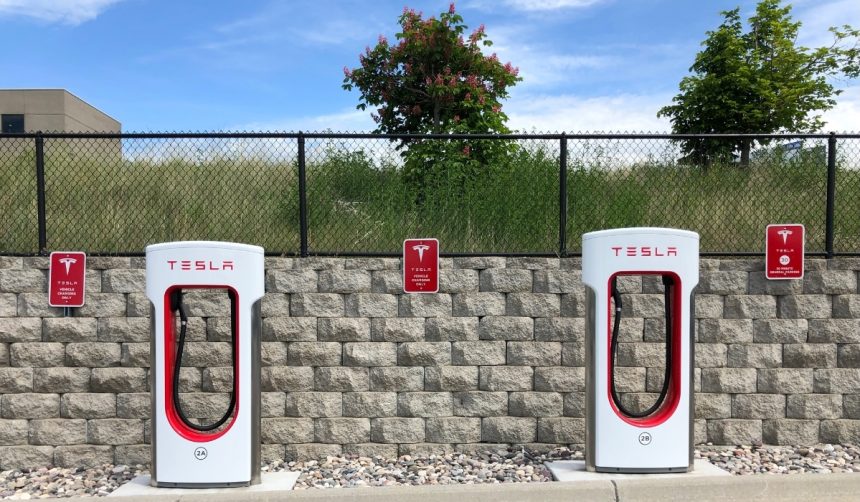Tesla has achieved a significant milestone by receiving approval to conduct urban Full Self-Driving (FSD) testing in Nacka, a municipality neighboring Stockholm, Sweden. The decision, announced by local municipal authorities, marks the company’s first official endorsement to operate its advanced driver-assistance technology outside the United States in this part of Europe. The announcement triggered interest from both automotive analysts and local residents, reflecting ongoing debates about autonomous vehicle technology in Scandinavia. The development also indicates Sweden’s cautious yet open stance on emerging mobility solutions, as the region weighs new technologies against regulatory and labor-related considerations.
Initial reports about Tesla’s European FSD ambitions noted resistance from several regulatory bodies and opposition rooted in labor disputes, particularly involving the trade union IF Metall. Similar approval efforts in other municipalities and European countries frequently encountered hurdles over safety concerns or requirements for collective bargaining agreements. Compared to earlier instances when regulatory discussions stalled due to these issues, Nacka’s decision to move forward distinguishes itself by directly addressing labor-related arguments while keeping the focus on technological evaluation.
What Led to Tesla’s Test Approval in Nacka?
The municipality’s protocol outlined the rationale for advancing Tesla’s application despite ongoing labor market disputes. A statement highlighted the broader societal benefits of such testing, citing potential improvements in transportation efficiency and environmental impact. Many council members supported the view that separating labor conflicts from technological progression was necessary, while acknowledging the sensitivity of workforce issues. A local government note commented,
“It is good that Nacka can be a place for test-driving self-driving cars. This is future technology that can both facilitate mobility and make transportation cheaper and more environmentally friendly.”
How Did Labor Disputes Influence the Debate?
Arguments against the approval were voiced specifically by members of left-leaning parties, citing Tesla’s absence of a collective agreement and its clash with IF Metall. However, supporters argued labor conflicts should not determine technological trial permissions. The final approval document maintained that these employment disputes were unrelated to the FSD evaluation, noting that the company had not broken any local laws. Explaining their reasoning, officials stated,
“Signing a collective agreement is not an obligation, and the company has not committed any crime. The municipality should contribute to technological development and progress, not work against the future.”
What Are the Implications for Future Autonomous Driving Tests?
Securing the FSD test approval in Nacka could influence how other Swedish municipalities and European regions approach autonomous vehicle testing. The decision demonstrates that local governments may weigh public and environmental benefits over unrelated labor disputes. It also signals that municipal decisions on advanced vehicle technologies can be influenced by political affiliation and current union negotiations. This dynamic could impact the rollout of Tesla’s FSD and similar systems by other automakers in the region.
Sweden continues to act as a testing ground for balancing labor policies and emerging vehicle technologies. Nacka’s endorsement of Tesla FSD testing, in contrast to obstacles reported elsewhere in Europe, shows that municipal autonomy and political will can accelerate or stall such initiatives. Readers interested in the progress of autonomous vehicles should pay close attention to the distinct ways individual European cities are deciding on permits and the underlying factors shaping those decisions. For companies like Tesla, successful navigation of local politics and labor market issues will remain as crucial as technological readiness in achieving broader European integration.










